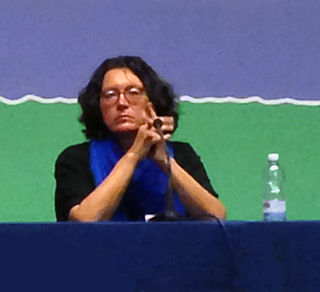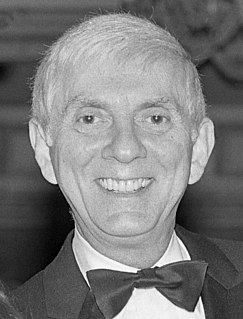A Quote by Pedro Pascal
You can't predict what's gonna happen, you can't predict if people are going to participate, you can't predict if there'll be interference.
Quote Topics
Related Quotes
Rational behavior ... depends upon a ceaseless flow of data from the environment. It depends upon the power of the individual to predict, with at least a fair success, the outcome of his own actions. To do this, he must be able to predict how the environment will respond to his acts. Sanity, itself, thus hinges on man's ability to predict his immediate, personal future on the basis of information fed him by the environment.
Science fiction does not attempt to predict. It extrapolates. It just says, "What if?" not what will be? Because you can never predict what will happen, particularly in politics and economics. You can to some extent predict in the technological sphere - flying, space travel, but even there we missed badly on some things, like computers. No one imagined the incredible impact of computers, even though robot brains of various kinds but the idea that one day every house would have a computer in every room and that one day we'd have computers built into our clothing, nobody ever thought of that.




































